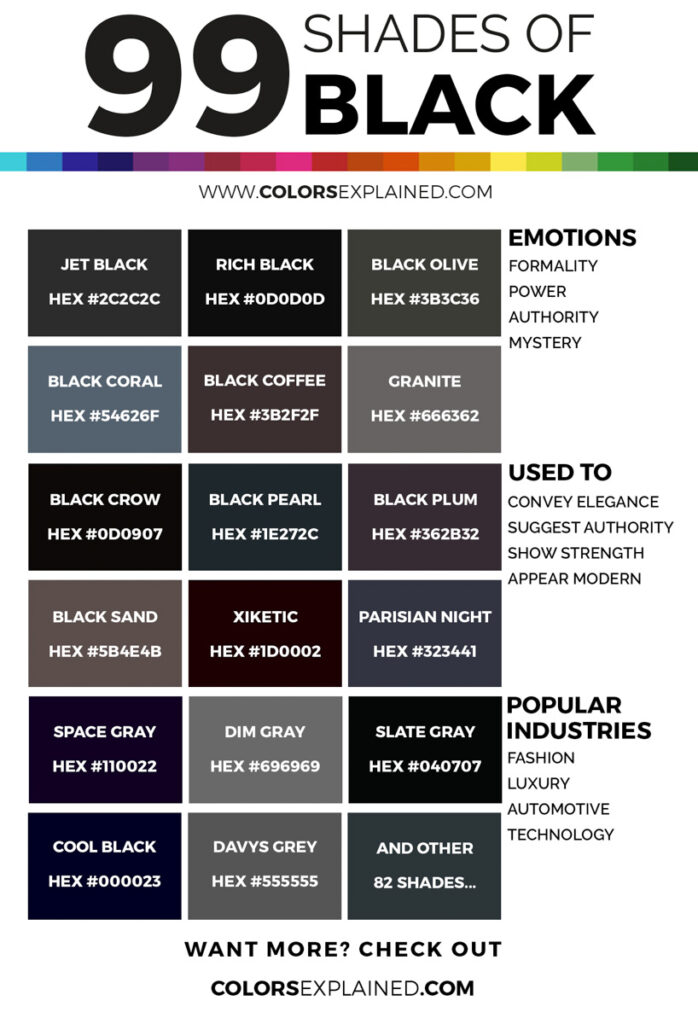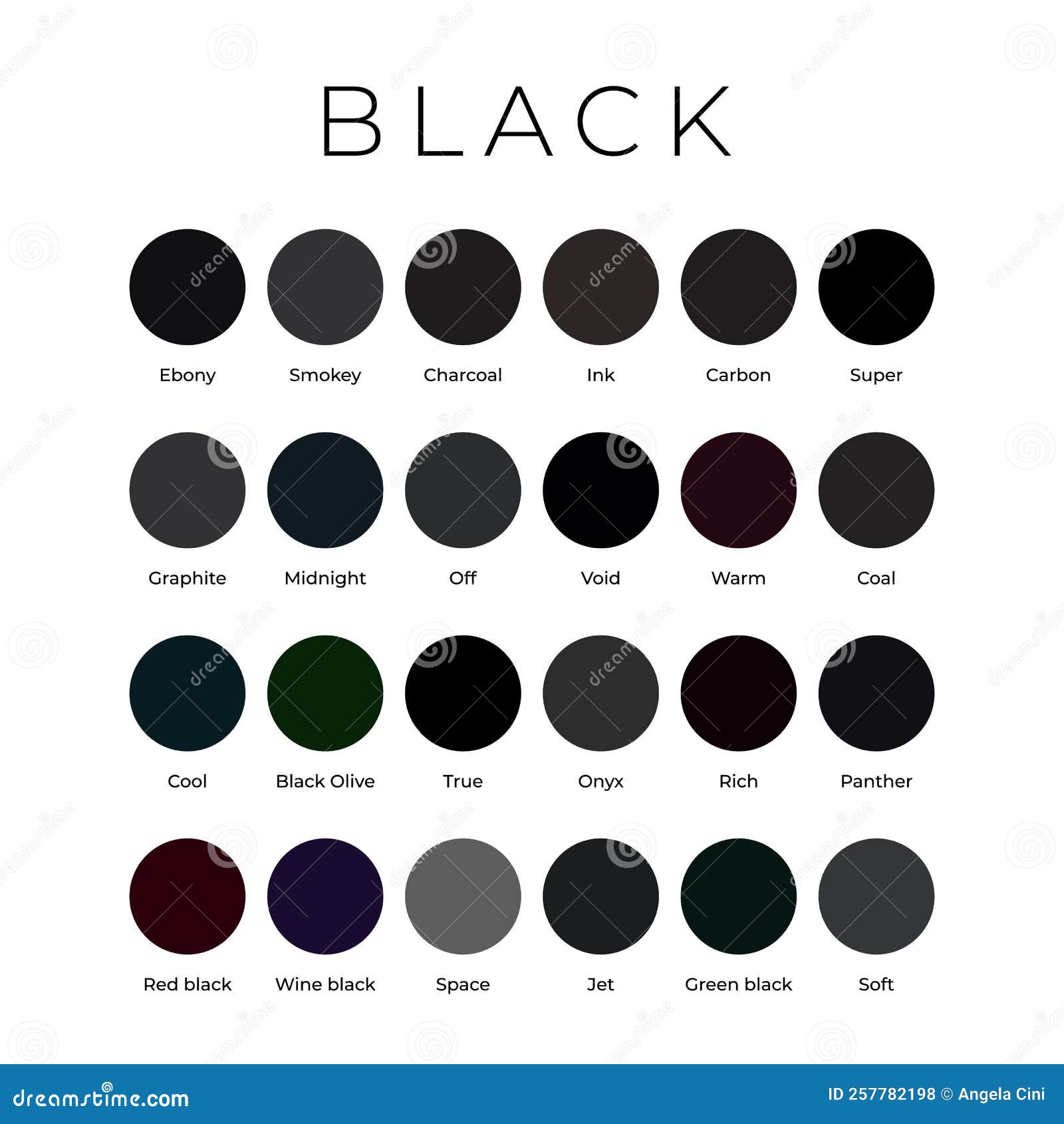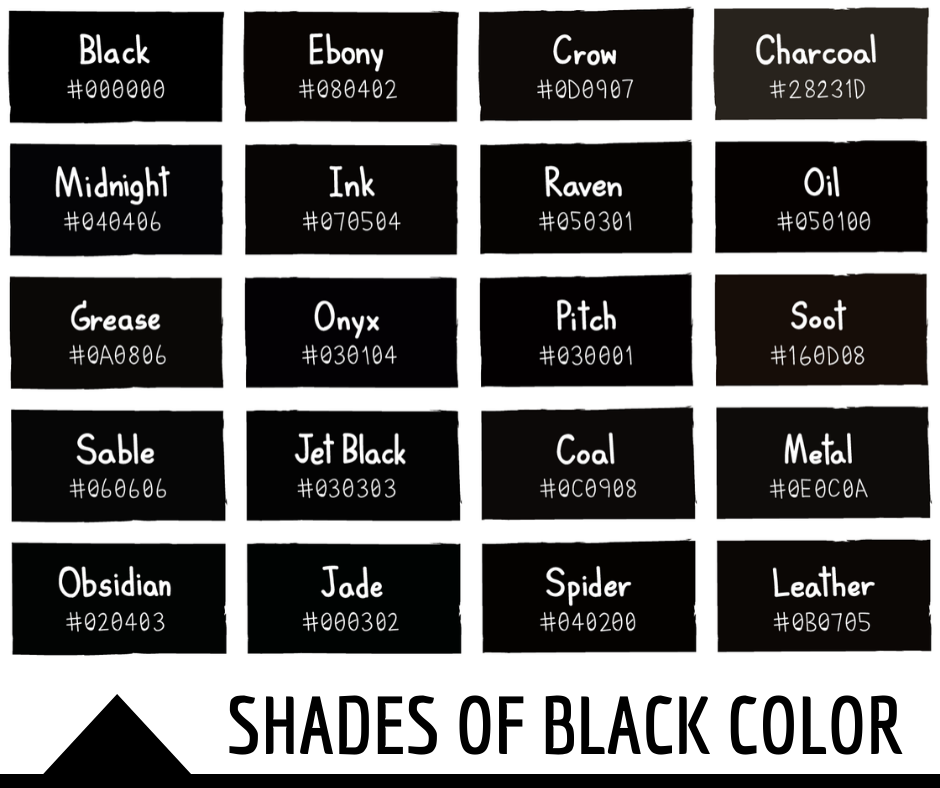There's a lot of conversation these days about who we see on our screens and how they truly reflect the vast array of people in the world. When we talk about actors, especially those who are Black, the topic of skin tone often comes up. It’s a very real part of how people are perceived and, too it's almost, how they fit into stories we tell. Different shades of Black skin have always been a part of our communities, and it’s only natural that these differences would spark discussions when it comes to the characters brought to life in movies and television shows.
You see, the way people are shown in media can really shape how we all view the world and each other. For actors with lighter Black skin, there's a unique set of discussions that often comes up. These conversations often happen in many places, including online groups where people share their thoughts and feelings about identity, appearance, and what it means to be seen. It's about more than just who gets a part; it's about the bigger picture of how different parts of our shared human experience are put out there for everyone to see.
These discussions, you know, they can be quite varied. Some groups might focus on celebrating certain aspects of Black identity, while others might talk about how people are judged based on how they look. It’s like, there are spaces where people gather to just share what they love, and then there are others where folks are looking for honest feedback on how they present themselves to the public. All of these different viewpoints, they kind of weave together to form a larger picture of how we think about actors who have lighter Black skin, and what their presence means for everyone watching.
- Rolling Stones Lead Singer
- Kelly Osbourne
- %D9%85%D8%A7%DA%A9%D8%B3 %D8%A2%D9%86%D8%AA%D9%88%D9%86%DB%8C
- How Long Has Ynw Melly Been In Jail
- Vanessa Williams Jim Skrip
Table of Contents
- What's the Conversation Around Black Light Skin Actors?
- How Do Communities Talk About Black Light Skin Actors?
- Does Skin Tone Influence Roles for Black Light Skin Actors?
- What Are the Perceptions of Black Light Skin Actors?
- Black Light Skin Actors - A Look at Public Opinion
- How Do Online Spaces Discuss Black Light Skin Actors?
- What Challenges Might Black Light Skin Actors Face?
- Are There Specific Preferences for Black Light Skin Actors?
What's the Conversation Around Black Light Skin Actors?
When we think about who gets to be a visible figure, particularly in acting, there's often a lot of talk about how someone looks. For Black actors with lighter skin tones, this conversation takes on some very particular shades. It’s not just about talent, though that's obviously a huge part of it; it's also about how skin tone plays into broader ideas of beauty, identity, and who is considered "relatable" or "appealing" to a wide audience. People often wonder if certain skin tones are favored, or if there are different pathways for those with lighter complexions compared to those with darker ones. This is a topic that, you know, gets a lot of attention in various circles, from casual chats among friends to more organized discussions online.
Some of these conversations, you might find, center on the idea of representation itself. Are we seeing a full spectrum of Black experiences and appearances on screen? Or, is there a tendency to lean on certain looks more than others? It's a bit like, if you're trying to show the true diversity of a group, you want to make sure everyone feels seen and included. The discussions around black light skin actors, therefore, often touch upon these deeper questions about fairness and authenticity in storytelling. It’s a very important aspect of how we think about media and its influence on society, and it’s something many people are quite passionate about.
How Do Communities Talk About Black Light Skin Actors?
You find these discussions happening in all sorts of places, especially in online communities where people gather to talk about shared interests. There are groups, for instance, that are really focused on celebrating Black women, emphasizing those with Black or African heritage. Within these spaces, the conversation about black light skin actors can vary widely. Some might talk about the challenges these actors face, while others might celebrate their successes. It’s like, different groups have different angles they come from, and that shapes the way they talk about things.
Then there are other communities that focus on more specific aspects of identity or relationships. Some groups might be all about certain physical types within the Black community, or they might discuss relationships between different racial groups. In these kinds of settings, the topic of black light skin actors might come up in relation to attraction, preferences, or even how they are perceived in certain social dynamics. It’s honestly quite interesting to see the different ways these conversations unfold, and how varied the opinions can be depending on where you are sharing your thoughts.
Does Skin Tone Influence Roles for Black Light Skin Actors?
It's a question that comes up a lot: does the shade of an actor's skin actually play a part in the kinds of roles they get? For black light skin actors, this is a particularly sensitive point. Some people feel that having a lighter complexion might, in some cases, open up certain doors or lead to different types of parts. It’s not always about a conscious decision by casting directors, but rather, you know, it can be tied to long-standing ideas about what certain characters should look like, or who might appeal to the broadest possible audience. This can lead to a lot of discussion about whether there's an imbalance in opportunities.
Conversely, some might argue that it creates its own set of challenges. For instance, an actor with lighter Black skin might be seen as "not Black enough" for certain roles that are meant to represent a specific, often deeper-skinned, Black experience. This can be a really tough spot to be in, feeling like you don't quite fit into the expectations of either group. So, the influence of skin tone isn't always straightforward; it's a bit of a complex web of perceptions and expectations that can shape an actor's career path. It’s something that people are very aware of, especially those working in the entertainment business.
What Are the Perceptions of Black Light Skin Actors?
The way black light skin actors are seen by the public can be quite varied, honestly. Some people might view them as representing a certain kind of beauty or as being more "mainstream" in their appeal. This can sometimes lead to a perception that they have an easier time getting ahead, or that they are favored in some way. On the other hand, there are also perceptions that might involve questioning their authenticity or their connection to the broader Black community. It’s a delicate balance, and these perceptions are often shaped by a whole host of cultural and social factors.
You also find that discussions about public appearance and being "passable" or "classy" come into play. Some communities, for example, really focus on helping people present themselves in a way that is seen as polished and refined. These kinds of ideals, you know, can subtly influence how black light skin actors are viewed in the public eye. There's a constant interplay between individual talent and broader societal expectations about how someone should look and carry themselves, and this is particularly true for those in the public eye.
Black Light Skin Actors - A Look at Public Opinion
Public opinion regarding black light skin actors is, as you might expect, quite diverse. It's shaped by a lot of different things: personal experiences, what people see in media, and even the kinds of conversations happening in their own social circles. Some people might feel a strong connection to actors who share a similar skin tone, seeing them as a positive representation. Others might have more critical views, perhaps feeling that certain skin tones are overrepresented, or that the focus should be on talent alone, regardless of appearance. It's a really broad spectrum of feelings and ideas out there.
You often see these opinions surface in various online spaces, where people feel more comfortable sharing their candid thoughts. For instance, some discussions might celebrate the beauty and presence of black light skin actors, while others might raise questions about the historical context of colorism in media. It's like, every person brings their own unique perspective to the table, and when all those perspectives come together, you get a very rich, if sometimes challenging, picture of public sentiment. It’s something that, quite naturally, evolves over time as well.
How Do Online Spaces Discuss Black Light Skin Actors?
Online spaces are really interesting for seeing how people talk about black light skin actors. You have communities dedicated to specific aspects of Black identity, where members might share pictures and videos of Black women celebrities, for example. In these groups, there's often a lot of appreciation for beauty and talent, and discussions about skin tone might be part of that celebration. It's a very direct way to see what people are drawn to and what they value in terms of representation. These spaces, you know, allow for a very immediate kind of feedback and shared experience.
Then there are other communities that focus on relationships between different groups, such as those for white women and Black men. In these settings, the conversation around black light skin actors might touch on themes of attraction, shared experiences, or how individuals navigate their identities within relationships. It’s about how people connect and find common ground, and sometimes, appearance, including skin tone, can be a part of those conversations. These digital gathering spots, basically, offer a window into the many ways people perceive and discuss those who are visible in the public eye.
What Challenges Might Black Light Skin Actors Face?
Even though there might be a perception that black light skin actors have an easier path, they certainly face their own unique set of challenges. One significant hurdle can be the pressure to fit into specific boxes. They might be seen as "not dark enough" for certain roles that are meant to represent the full depth of Black experience, yet also not "white enough" for roles where race isn't explicitly a factor. This can leave them in a sort of in-between space, making it harder to find roles that truly fit their identity and skills. It’s like, you're trying to find your place, but the expectations from different sides can be a bit overwhelming.
Another challenge can be the feeling of being stereotyped or having their experiences generalized. Just like any group, actors with lighter Black skin have diverse backgrounds and stories, but sometimes they might be grouped together under a single, simplified idea. This can be frustrating for anyone trying to show their true range and depth as an artist. There's also the pressure of being a public figure, where every aspect of their appearance and identity can become a subject of discussion, sometimes without much nuance. It’s a really tough position to be in, having your identity constantly analyzed by others.
Are There Specific Preferences for Black Light Skin Actors?
When it comes to preferences, whether in casting or public appeal, it's pretty clear that different people have different ideas about what they like to see. For black light skin actors, these preferences can be quite pronounced in certain communities. For example, some online groups might specifically celebrate certain physical traits or appearances within the Black community. This can lead to a visible preference for actors who fit those descriptions, whether consciously or unconsciously. It’s like, people are drawn to what they find appealing, and sometimes those preferences align with particular skin tones.
Similarly, in spaces where people discuss relationships, there can be expressed preferences for certain physical characteristics. This might include discussions about attraction to black light skin actors or people with similar features. These preferences are, you know, part of human nature, and they often come up in casual conversation and in more focused online groups. It’s about understanding that while talent is paramount, there's also a layer of personal and societal preference that can, in some ways, shape the opportunities and public reception of black light skin actors.
This discussion has touched upon how black light skin actors are viewed and discussed across various online communities and in the broader public eye. We've explored the unique conversations surrounding their representation, the influence skin tone might have on roles, and the diverse perceptions that exist. We also looked at how different online spaces contribute to these discussions and the particular challenges that actors with lighter Black skin might face in their careers.
Related Resources:



Detail Author:
- Name : Taurean King
- Username : jpaucek
- Email : acarroll@yahoo.com
- Birthdate : 2007-04-01
- Address : 142 Borer Motorway Apt. 339 Antonefurt, DE 79785
- Phone : (361) 519-3089
- Company : Howe-Ortiz
- Job : Securities Sales Agent
- Bio : Odit facere sequi et corporis vitae culpa mollitia et. Nisi nihil sit ea odio. Cumque ea velit tempora omnis. Expedita dignissimos labore et maiores.
Socials
tiktok:
- url : https://tiktok.com/@annabell_official
- username : annabell_official
- bio : Voluptatum sed fuga quia dolor delectus id dolore.
- followers : 1712
- following : 876
instagram:
- url : https://instagram.com/annabell.mraz
- username : annabell.mraz
- bio : Minima odit ut saepe non rerum sed qui. Ut vero earum aut ratione maiores cupiditate eaque.
- followers : 5633
- following : 2707